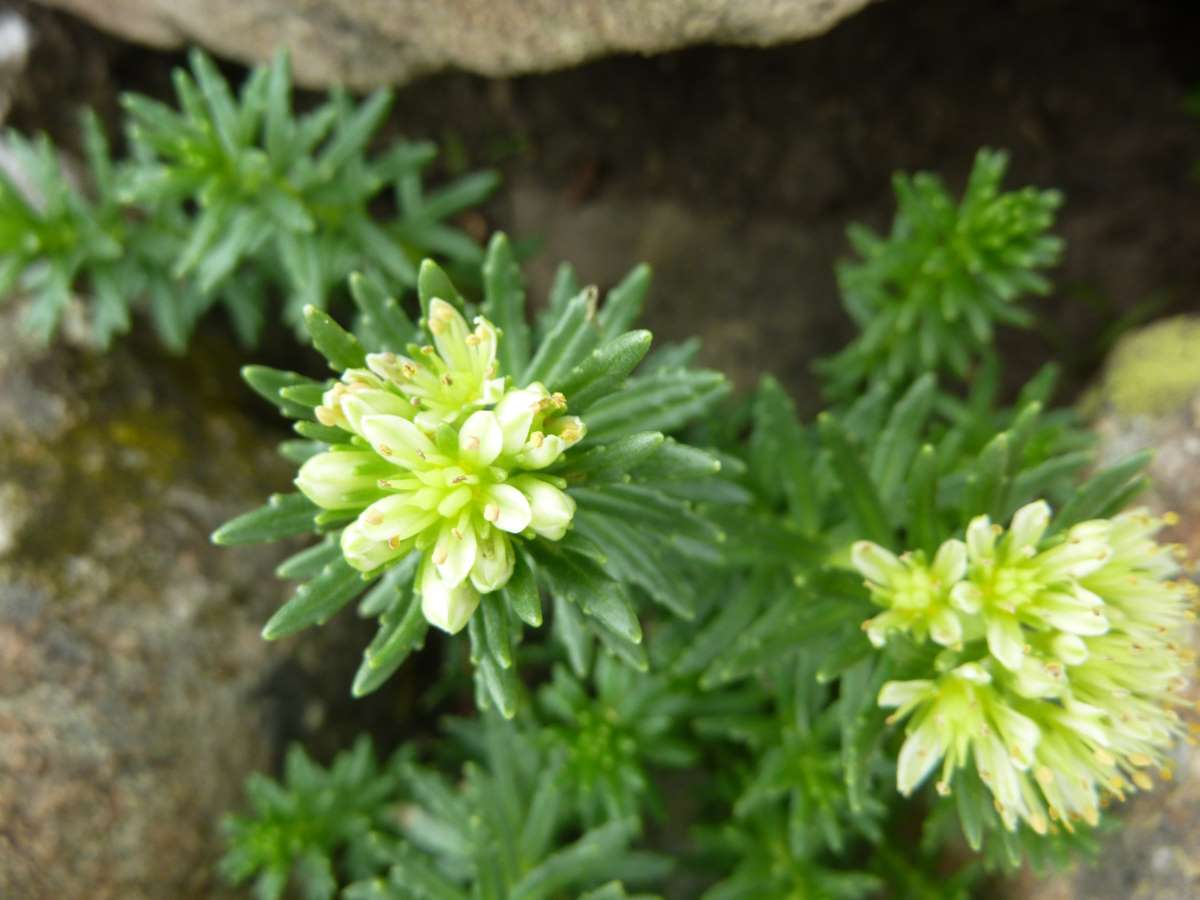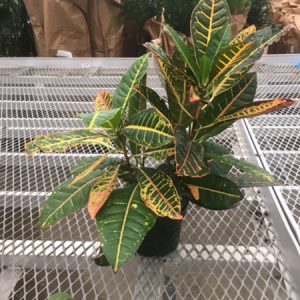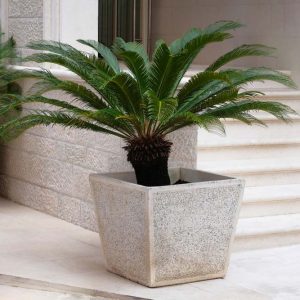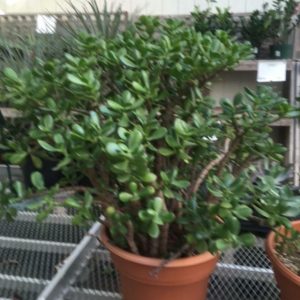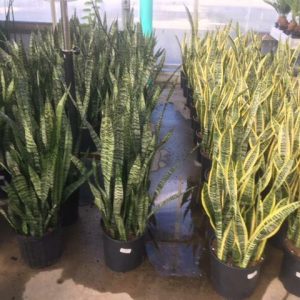Description
Rhodiola – Roseroot – Golden Root –
There are about 50 perennial, some which are dioecious, in the Crassulaceae family, in this genus. It is similar to Hylotelephium and the larger Sedum species. They are widely distributed in the Northern Hemisphere in sunny, rocky habitats. The plants have thick, fleshy rhizomes producing scaly brown basal leaves, and stiffly erect, unbranched or occasionally branched stems that carry alternate, triangular-ovate to lance shaped, often toothed, fleshy, gray green stem leaves. The small, star shaped, green, yellow, orange, or red flowers, with 8-10 prominent stamens, are borne in dense, rounded heads, and may be unisexual or bisexual. Rhodiolas are grown for their foliage and flowers, and are suitable for a rock garden, or the front of a mixed or herbaceous border.
Rhodiola are undemanding plants. Grow in moderately fertile soil that remains moist in summer but is not boggy in winter, in full sun.
Prone to aphids.
R. wallichiana – Sedum crassipes – Sedum wallichiana – This erect, rhizomatous, hairless perennial from the Western Himalayas, Western China and Tibet grows 14″ tall and 12″ wide. It produces linear-lance-shaped, slightly toothed, mid green leaves, up to 1 1/4″ long. In early summer, bears dense but few flowered, terminal, corymb like flower heads with bisexual, star shaped, pale yellow to greenish white flowers, up to ½” across, sometimes tinged pink.
Zones 6-9

